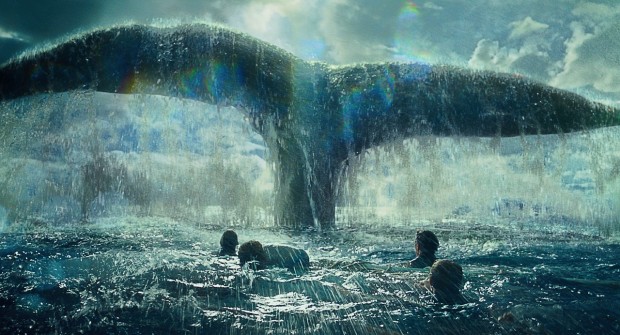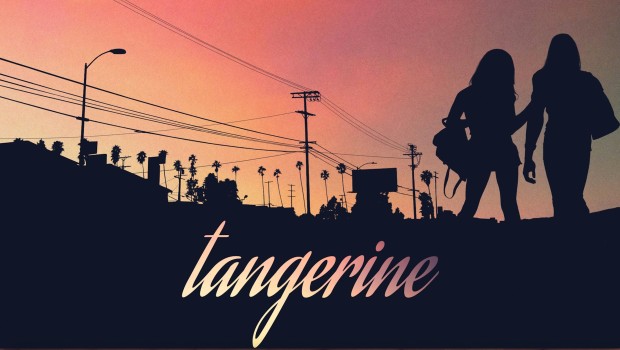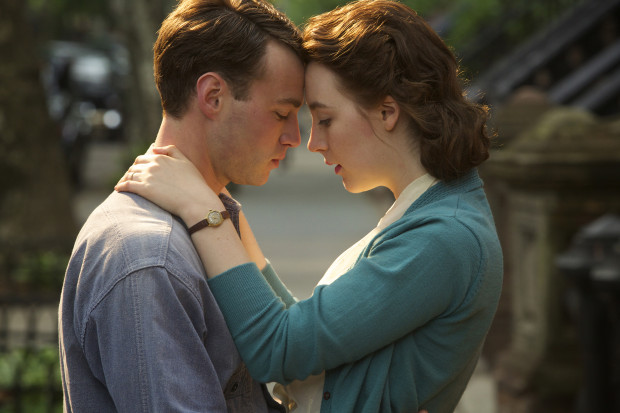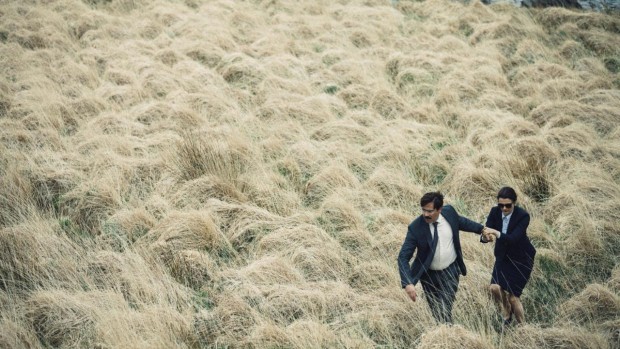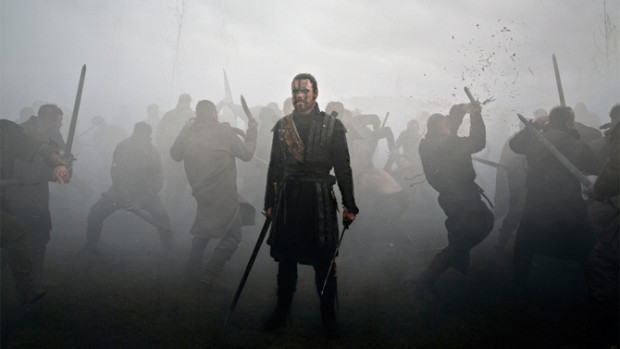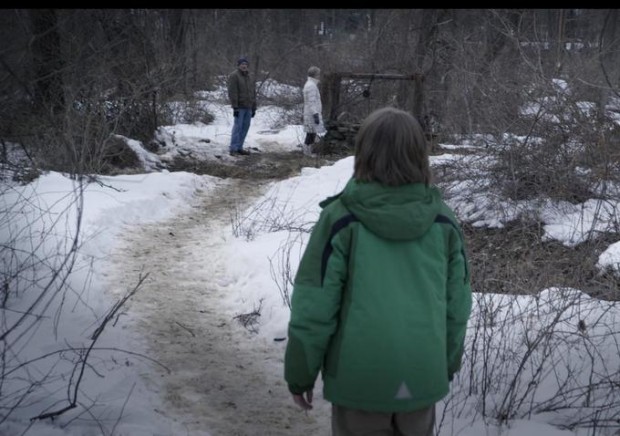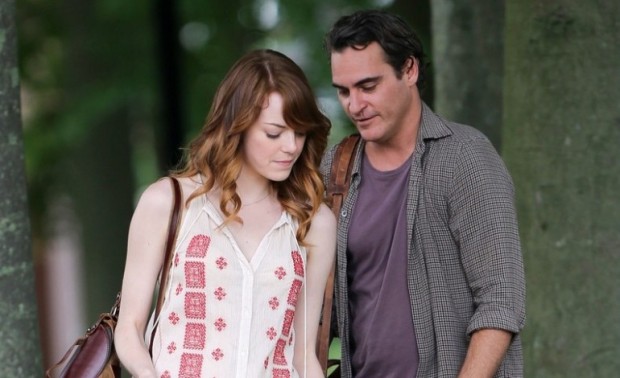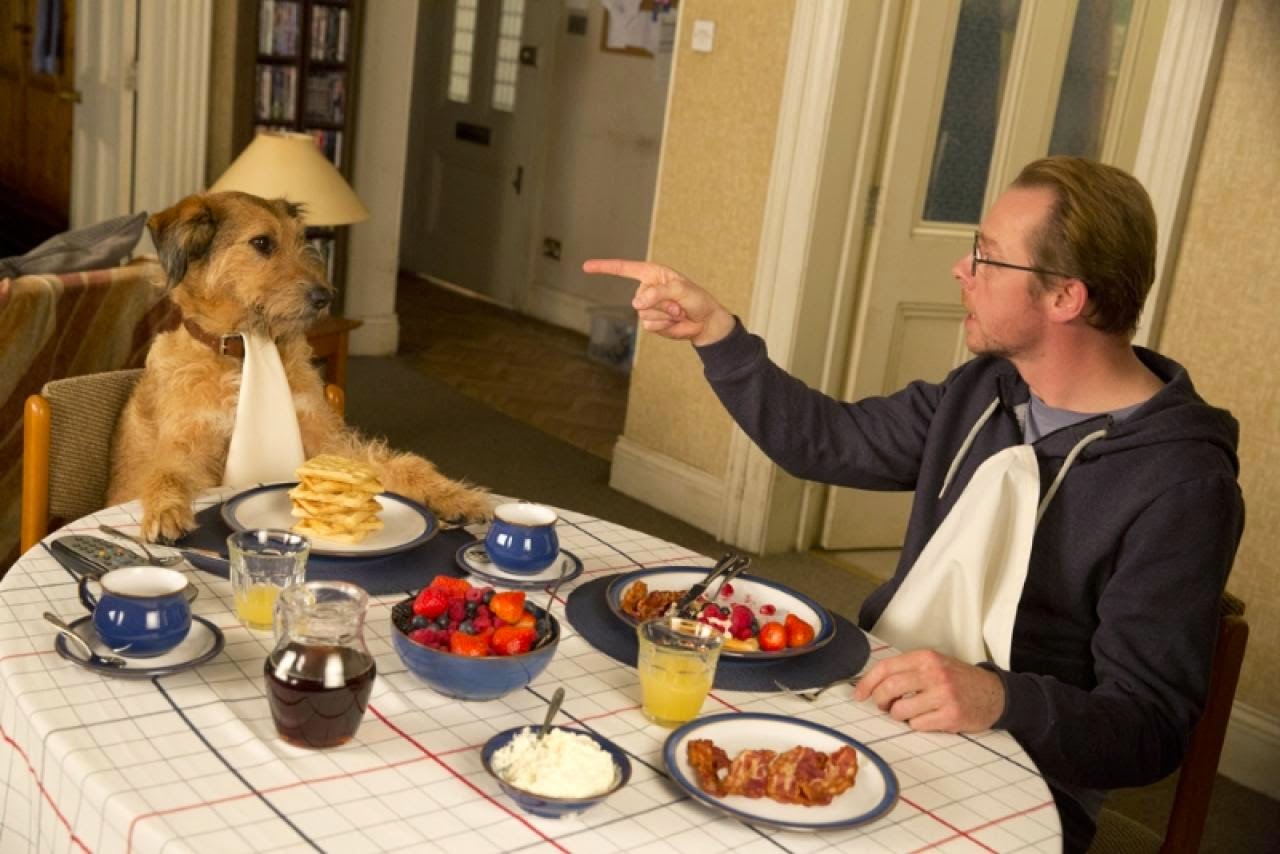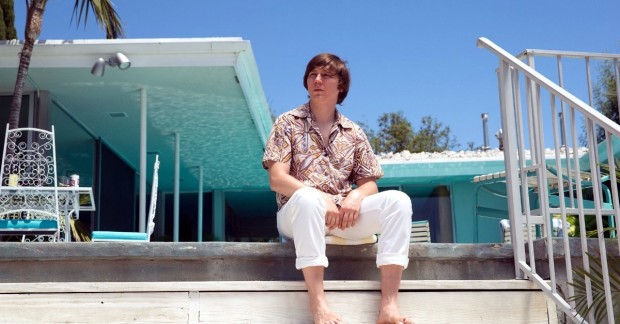Captain Ahab’s white whale is a metaphorical object for the ages. When it comes to In the Heart of the Sea, Ron Howard’s soggy nautical epic, an unconvincing take on the Moby Dick myth, the sea monster invites symbolic interpretations too tempting to ignore. Maybe Ahab’s desperate, pointless chase for the creature represents Howard’s search, now 23 features in, for a distinctive style or personality? Maybe the good ship Essex, our seafaring vessel for most of the two-hour run, is a stand-in for the movie, drifting through the endless blue, its maps and compasses pointing towards an ever-receding point or point of view? Or maybe the movie is the…
-
-
“Merry Christmas Eve, bitch!” Sin-Dee Rella is fresh out of a month-long jail stint, and she’s pissed. She meets up with her best friend Alexandria, also a trans women turning tricks on the Sunset Strip, at their local donut haunt, who drops the bombshell that Sin-Dee’s boyfriend/pimp has been unfaithful while she’s been away. “No drama!” warns Alexandria, but it’s too late: the revelation sets a vengeful Sin-Dee (Kitana Kiki Rodriguez) marching up and down Hollywood Boulevard, determined to wring the neck of the cheating Chester and his ‘white fish bitch’, instigated a winding, popping, one-crazy-night farce that will loop all…
-
Judy Garland shut her eyes and clicked her heels and repeated her spell but she was only half right. There’s no place like home, but there are also many places like home. Given enough time and familiarity, potentially everywhere can feel like the place you’re supposed to be. The fluidity of home and its irresistible pull over us is the focus of emigration drama Brooklyn, directed by John Crowley and adapted from Colm Toibin’s novel by Nick Hornby, now becoming a solid interpreter of others’ works. At its heart is Eilis Lacey (Saoirse Ronan), who relocates across choppy waters from her barren 1950s Wexford town…
-
Eccentric Greek auteur, Yorgos Lanthimos, brings his dark and distinctive style to a much wider audience with his English-language debut, The Lobster. Happily though, more money and an incredible array of stars hasn’t seen Lanthimos compromise an inch in this beautiful, pitch black oddity. Set in a near future, which is minimalist and classicist in form- the world itself is completely recognisable to the audience- it is the rules of society that have been contorted and changed in The Lobster. David (Colin Farrell, at his deadpan best) finds himself alone after his wife leaves him for another man and, in line…
-
In recent years, screen adaptations of Macbeth have sought to make an impression by courting relevance. Geoffrey Wright’s 2006 film, starring Sam Worthington in the lead, tranposed Shakespeare’s blood-coated tragedy to modern-day Melbourne, putting the verse in the mouths of rough cokehead gangsters who wouldn’t look out of place on the Sons of Anarchy set. For the BBC’s 2005 ShakespeaRe-Told series, Peter Moffat turned the theatrical into the gastronomical, casting James McAvoy as an ambitious sous chef chasing Michelin star glory. This new Macbeth, directed by Justin Kurzel (his sophmoric feature after 2011’s The Snowtown Murders), is the first high-profile film adaptation of the…
-
Improperly handled, optimism can be unbearable. One of the (many) problems with Chris Nolan’s Interstellar and Brad Bird’s Tomorrowland, two recent advocates for a return to space-age can-do adventurism in a jaded age, was their wild asymmetry between telling and showing. Both films were too breathlessly busy evangelising about mankind’s untapped potential to actually demonstrate that potential in action: ‘reach for the stars’ bluster can only get you so far. Ridley Scott’s The Martian, a highly polished and entertaining space castaway story based on Andy Weir’s novel, is sort of a fulfillment of these earlier film’s ambitions, selling its golly-gee…
-
It’s hard to deny that M. Night Shyamalan has had one of the more interesting career trajectories in contemporary American cinema. Beginning his career with some middling rom/family-coms, Night found a frankly ridiculous level of success with 2001’s The Sixth Sense”, one of the very few Oscar nominated horror films. He followed this up with two decent, if not spectacular pictures before seemingly deciding to set his bed on fire. The Village and Lady In The Water quite rightly tanked while The Happening may well be one of the most unintentionally hilarious films ever released by a major American studio. Most of…
-
Judge Thomas Spangler – the catalyst at the centre of Woody Allen’s latest dark-comedy, Irrational Man – is a creature of habit. Every day he jogs along the same route, drinks the same juice and stops to read the paper on the same park bench. His routine is, in fact, so constant and predictable that it actively plays a part in his own demise. Allen, too, follows a predictable routine. He exercises in the mornings, writes at the same desk all day, and watches baseball at the weekends. He once famously missed an Academy Awards ceremony because it clashed with…
-
On paper, Absolutely Anything sounds like a winning combination: not only does Terry Jones’s sci-fi comedy boast the (unofficial) screen reunion of the surviving Monty Python crew, but it’s also the final film appearance of the late, great Robin Williams – as a talking dog, no less. Despite everything, the film is wholly unremarkable, failing to generate more than a handful of chuckles throughout. Alongside lead Simon Pegg – who has helped pen some of the best British comedies in recent years – the talents of Messrs Cleese, Gilliam, Idle, (writer & director) Jones, Palin and Williams are all but…
-
The fidelity that musical biopics tend to have towards the chronology of public record – especially when the subject or their families are still alive, and liable to kick up a fuss over films playing fast and loose with their story – makes it difficult to know what parts to keep and what do ditch. Live fast, die young stories are good because you can fit everything in to a tight arc of glamourous decline. Complex, sprawling careers are more challenging, but can be can be reduced to a single period for convenience. Others take a more experimental approach, like Todd…

